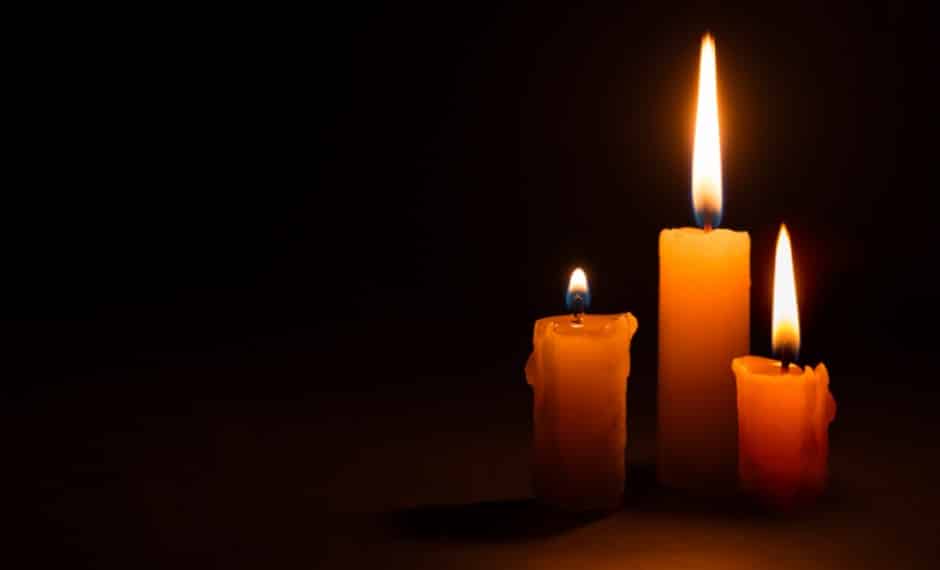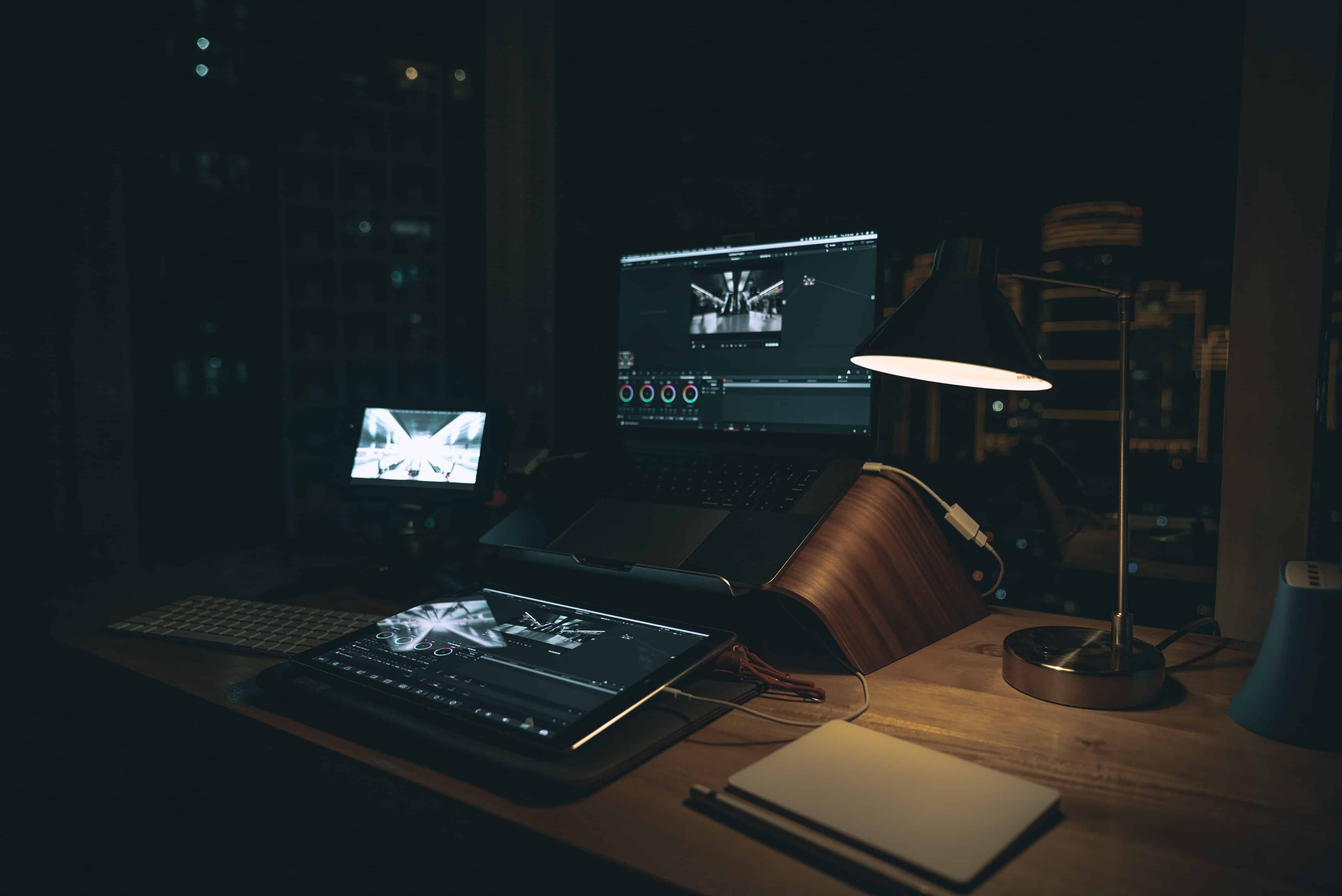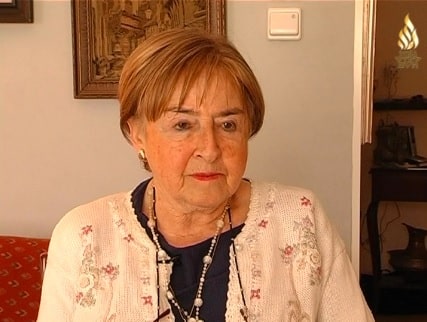Verbit and The Claims Conference are transforming robust archives of Holocaust survivor testimonies into searchable, accessible transcripts
In light of events following October 7th in Israel, it’s become abundantly clear that preserving first-hand survivor testimonies has become more critical than ever before.
In honor of Yom Hashoah, Holocaust Remembrance Day, we’re highlighting the incredible work and commitment of our partner, The Claims Conference, in doing just that. Over the past two years, we’ve been working together to transcribe thousands of minutes of Holocaust survivor testimony so that the stories shared will live on forever. As the population of Holocaust survivors continues to wane, it has become more pressing to capture these word-for-word written transcripts of their testimonies.
The Claims Conference team and Verbit have partnered together with the aim of transcribing eight million minutes from a variety of sources. These testimonies were recorded in many languages and collected from eight archives in Israel and a ninth at Yale University. In 2022, Verbit transcribed 200,000 audio minutes to start and increased that number to 275,000 audio minutes in 2023. Now, more than 400,000 minutes of testimonies are searchable and more accessible to researchers, educators and the public.
As part of this work over the last year, Verbit onboarded the archives of Yad Vashem, transcribing 150,000 minutes for them and others for the National Library of Israel.
“It is of utmost importance to document history in order to make such events accessible in Israel and around the world, in order to ensure that they do not recur,” said Verbit CEO Yair Amsterdam.
Transcribing survivors’ words ensures their stories are preserved and accessible to future generations, but the task isn’t always straightforward. Amsterdam noted that many old recordings with low audio quality were submitted as part of this project. Verbit developed a technology to meet this challenge head-on.
“For the testimonies of Holocaust survivors, we developed a new background noise cleaning technology that made it possible to renew decades-old recordings,” Amsterdam said. “The ultimate goal is to transcribe some eight million minutes of documented testimonies in many languages that will enable Holocaust commemoration among future generations as well. Such a project is accompanied by a sense of national mission and heritage of the people of Israel.”
Transcription will also allow for translation of these testimonies into different languages, opening the stories up to a global audience and creating opportunities for more global education programming.
Due to the rise in Holocaust distortion, a high level of accuracy is even more vital to protect the integrity of these first-person accounts. The Claims Conference leverages Verbit’s leading automatic speech recognition technology which is custom-trained to handle this work and its sensitive subject matter.
Verbit is using a glossary of relevant and specific terms relating to survivor stories and Holocaust history to train its ASR engine. The results are more accurate, especially when transcribing recordings of survivors speaking in different languages and with accents.”Unfortunately, in the not-so-far future, we will have to tell the story of the Holocaust in a world without survivors,” said Greg Schneider, Executive Vice President, Claims Conference. “Their testimonies should be treated as the most sensitive material. Despite technical challenges, such as poor-quality audio and varied dialects and accents, the transcriptions must be accurate. Verbit understood the need for accuracy and the historical significance of this work early on in the project.”
Founded in 1952, The Claims Conference is committed to the important work of negotiating for material compensation for Holocaust survivors, as well as funding research, documentation and education of the Holocaust. This work includes preserving oral histories from Holocaust survivors collected over decades by archives supported by The Claims Conference.





